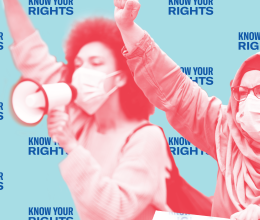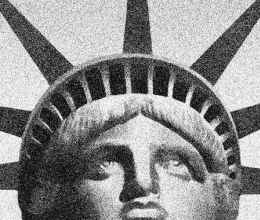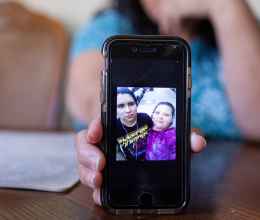
LOS ANGELES -- A California Superior Court today reversed the conviction of a Santa Barbara man who was cited for violating the city's ordinance prohibiting sleeping, human habitation or camping in a recreational vehicle on city streets (Santa Barbara Municipal Code section 15.16.080). The court ruled that the City of Santa Barbara did not provide an adequate housing alternative to the man.
The defendant, David Ridley, his companion of four years Dena Conroy and their dog reside in a motor home (RV) which they normally park in various industrial parks throughout the city. On the evening of October 18, 2000 a police officer was called to the location of the couple's RV to investigate reports of a loud generator. The officer discovered that the noise was coming from within the RV and cited both Mr. Ridley and his companion with violating SBMC 15.16.080; the generator did not violate the city's noise ordinance. Mr. Ridley claimed that there was no alternative to residing in his RV because the only available option was a homeless shelter which did not allow pets, was unsanitary, would require him to be separated from his companion and most importantly required residents to listen to a religious message.
"The court's ruling rests on a crucial First Amendment principle: the state can't force citizens to give up religious freedom in exchange for personal liberty," said Ted Boutrous Jr. whose firm Gibson, Dunn & Crutcher argued the amicus brief on behalf of the ACLU of Southern California.
The court agreed with Mr. Ridley's claim that forcing a homeless person to either face criminal prosecution or be required to participate in a religious service violates the establishment clause of the U.S. Constitution. It also held that the Rescue Mission shelter was an inadequate affordable alternative for those who have nowhere to sleep.
"The court's reversal of the conviction was wonderful news," said Peter Eliasberg, Managing Attorney with the ACLU/SC. " It is bad enough that the city of Santa Barbara was trying to criminalize not having enough money to rent an apartment in a very expensive location. It was worse still that the city was forcing Mr. Ridley and Ms. Conroy to give up their religious freedom in order to stay out of jail. The participation of Tanya Acker and Ted Boutrous Jr. from Gibson, Dunn & Crutcher, LLP is in the highest tradition of law firms doing great pro bono work."






